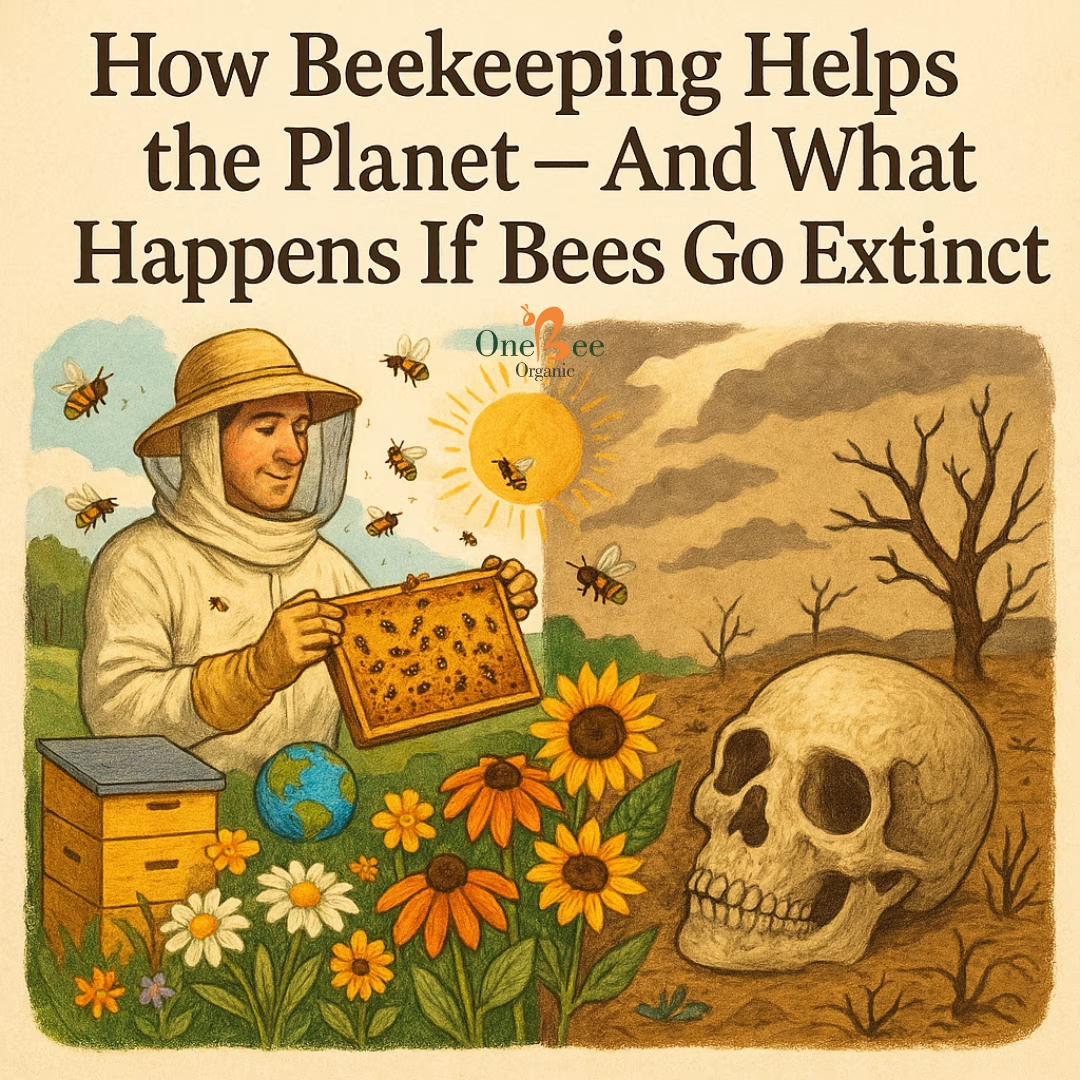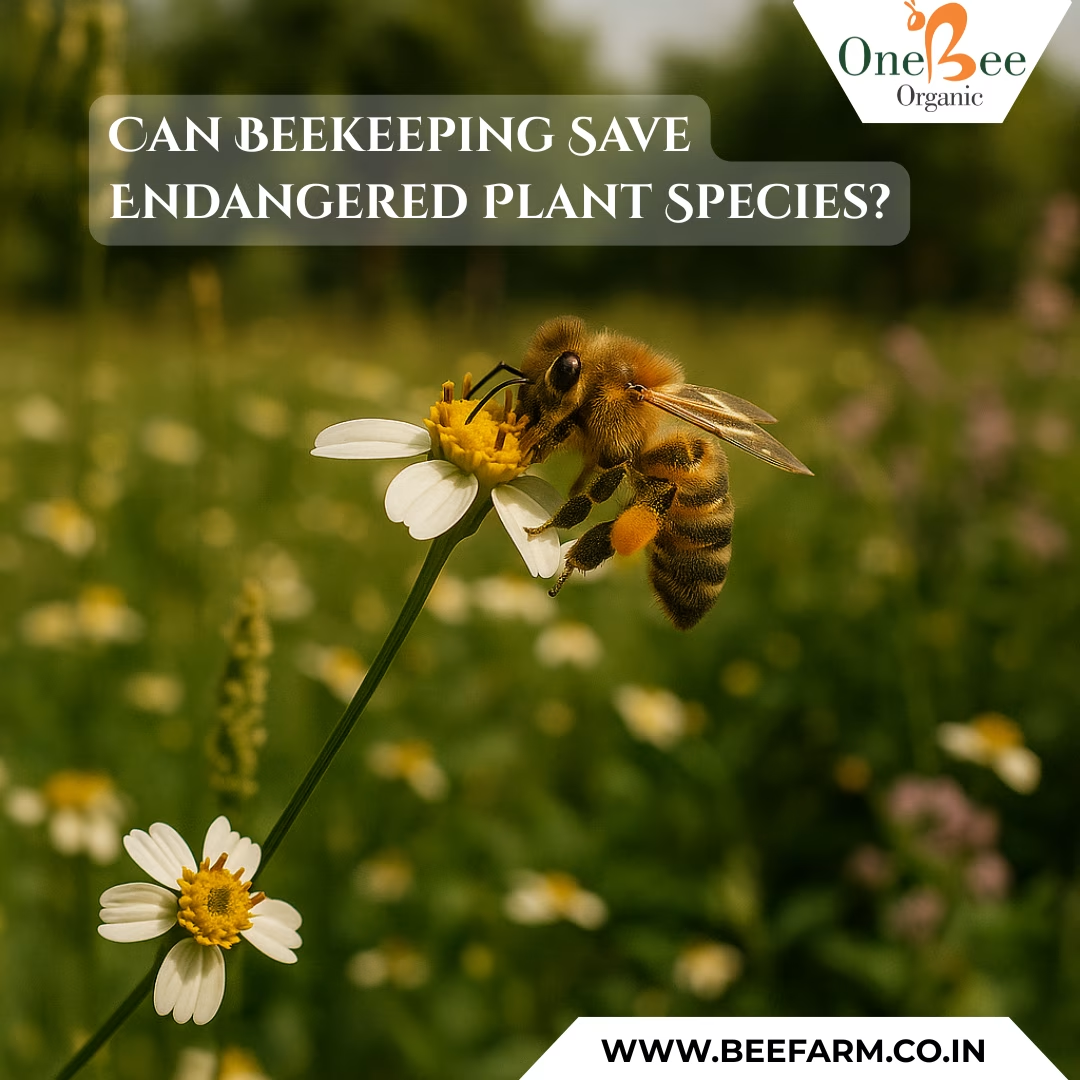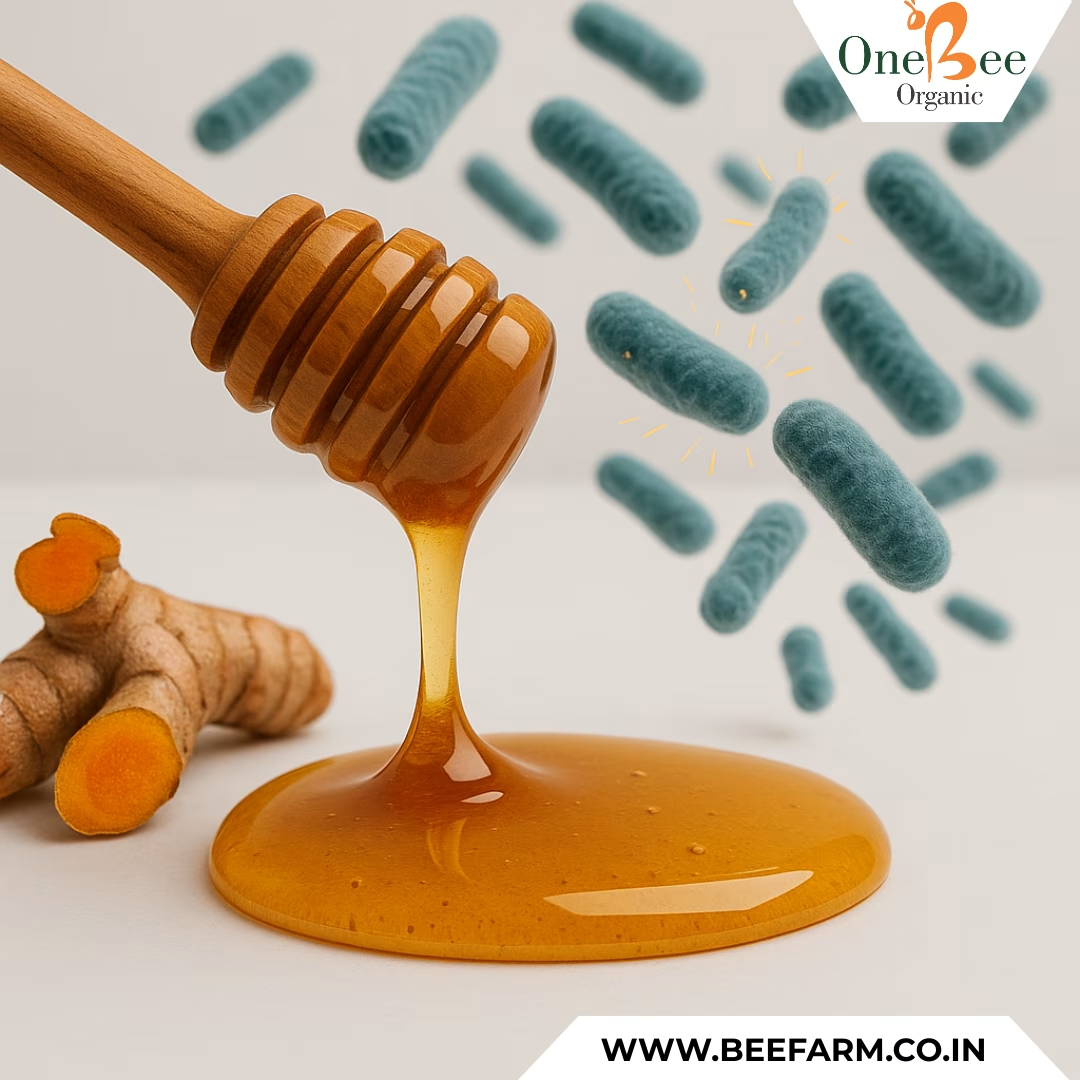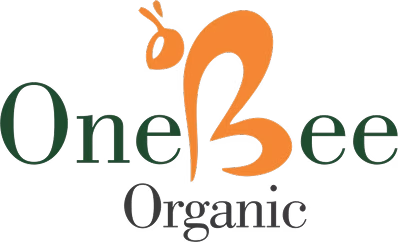How Beekeeping Helps the Planet? What If Bees Go Extinct
Bees are tiny, but their impact is enormous. From helping plants grow to feeding the planet, these buzzing creatures are the quiet heroes of our ecosystem. At Beefarm, we know that beekeeping isn’t just about harvesting honey—it’s about protecting the bees that protect us. How Beekeeping Helps the Planet? What If Bees Go Extinct
But what if bees disappeared?
Let’s explore how beekeeping benefits the Earth, and the devastating consequences we could face if bees were to go extinct.
How Beekeeping Helps the Planet
Beekeeping is more than a tradition—it’s a lifeline for nature. Every hive nurtured by a beekeeper is a miniature pollination powerhouse, supporting biodiversity, food production, and environmental health.
Here’s what beekeeping does for the planet:
1. Promotes Pollination
Bees pollinate 75% of the world’s flowering plants and nearly 1 in every 3 bites of the food we eat.
- Fruits, vegetables, nuts, seeds—most depend on bees
- Without bees, food diversity and availability would collapse
2. Supports Biodiversity
Beekeepers often grow wildflowers and avoid pesticides, creating safe spaces for all pollinators—not just honeybees.
- Healthy hives help maintain natural balance
- They preserve plant species and feed other wildlife
3. Reduces Environmental Impact
Local beekeeping supports low-impact food systems.
- Fewer carbon emissions from transporting goods
- Reduced need for synthetic fertilizers and pesticides
- Organic, regenerative farming becomes more viable
4. Educates and Empowers Communities
Beekeepers inspire people to care for pollinators and the planet.
- Beekeeping encourages eco-awareness
- It teaches self-sufficiency and sustainable living
But What Happens If Bees Go Extinct?
Now, let’s imagine a world without bees. It’s not just a loss of honey—it’s a chain reaction with serious global consequences.
1. Food Shortages
Without bees, pollination drops dramatically.
- Crops like apples, almonds, coffee, and berries would decline or disappear
- Food prices would skyrocket due to scarcity
- Global hunger would increase
2. Loss of Plant Life
Many wild plants rely on bees for reproduction.
- Without pollination, plants won’t seed or fruit
- Entire ecosystems would break down
- Animals that depend on these plants would also vanish
3. Economic Collapse in Agriculture
Bees contribute billions of dollars to agriculture annually.
- Farmers would need expensive manual pollination or alternatives
- Entire industries (fruits, nuts, seeds) could collapse
4. Environmental Imbalance
Bees support balance and resilience in ecosystems.
- Soil quality would degrade
- Natural food chains would be disrupted
- Climate change effects would accelerate due to biodiversity loss
Beekeeping = Prevention
Beekeeping isn’t just about honey. It’s about safeguarding the future.
Every hive nurtured:
- Boosts food security
- Restores ecosystems
- Spreads awareness and action
Keeps pollinators thriving for generations to come
Final Buzz: Your Role Matters
Whether you’re a beekeeper, gardener, or honey lover—you can help. Support local beekeepers, plant bee-friendly flowers, say no to pesticides, and spread the word.
At Beefarm, our mission goes beyond selling honey. We’re creating a movement to protect bees and the planet—and we’re glad you’re here to join us.
Let’s keep the buzz alive. For the bees. For the Earth. For all of us.
Shop consciously. Support pollinators. Bee the change.
– With love from the hive,
Team Beefarm








Leave A Comment